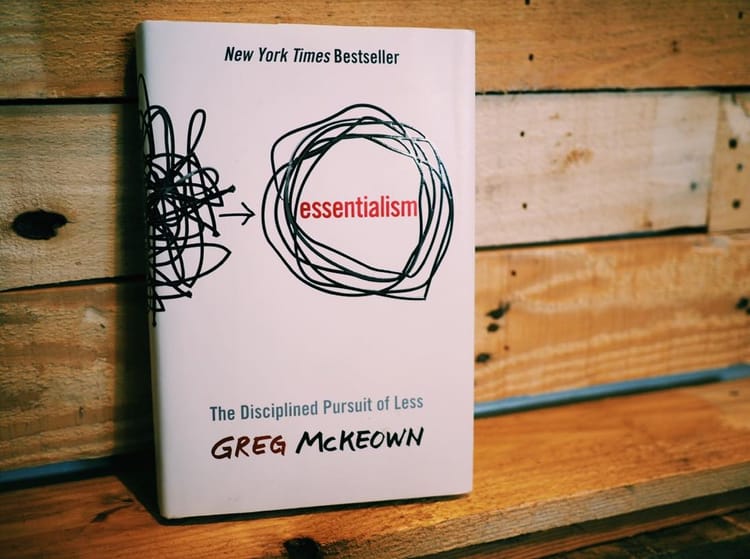When Your Words Sabotage Your Success.

There is any power in our choice of words? Do they reveal certainty or self-doubt?
Are we tentative or confident? Does our choice of phrases convey certainty when we communicate with potential clients? People don't just hear what you say, they hear how you say it and read between the lines.
Your self-conscious mind is also listening to what you say and how you say it.
And yes, your choice of phrases may be sabotaging your success without you knowing why.
The fact is that people are naturally drawn to people who stand out with a clear purpose and confidence. Amid all the noise, it's the straight-talkers and those with genuine conviction that grab our attention and earn our trust. This is especially important when it comes to business.
The Power of Listening and Reading Between the Lines
In the ever-evolving field of communication, where words flow with a casualness aided by technology, the nuanced art of listening and understanding the unsaid has gained unparalleled significance. Every day, we convey messages, share feelings, and express thoughts through words. Yet, often, the deeper meanings lie not in what is said, but in how it is said and, sometimes, in what remains unsaid.
Words as Mirrors to the Mind
The language we use is a reflection of our thoughts, and it does more than just convey a message to the audience. It reveals our innermost convictions, fears, and desires, solidifying them within our subconscious mind. A simple statement can give away more about our inner world than we might have intended.
A recent story illustrates the point
Consider the phrase, "I'll try." While on the surface it may sound like a commitment, it lacks conviction. These words echo uncertainty, hinting at a backdoor escape from potential failure or accountability. Contrast this with a decisive "I will." The difference in assurance is palpable.
The Power of Positive Phrasing
Language also has an uncanny ability to shape reality through suggestions. Take, for instance, the phrase "Don't forget." While the intent behind these words is clear—‘to remember’—it's framed within a double negative. What we're emphasising here is the act of forgetting, not the act of remembering.
Neuroscience suggests that the brain often drops the negative word "don't" and focuses on the actionable part of the command—here, "forget." It’s the reason why telling a child, "Don't spill the milk!" might inadvertently result in the very action you're cautioning against. Directing focus towards the desired outcome with "Remember" or "Be careful with the milk" is not just linguistically positive, but psychologically more effective.
Listening Deeply
True listening goes beyond simply hearing words. It involves delving deeper into context, understanding the speaker's emotions, and sometimes reading between the lines. When we engage in this kind of deep listening, we can pick up on these linguistic nuances, allowing for richer, more empathetic interactions.
Moreover, in a world increasingly awash with superficial exchanges, the act of genuinely listening becomes a cherished gift. It fosters trust, builds stronger relationships, and nurtures understanding.





Member discussion